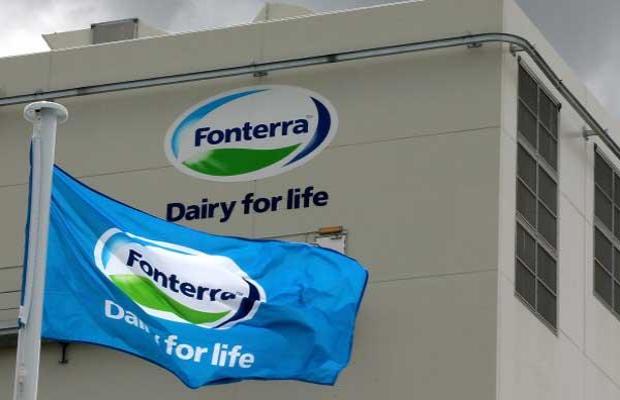Many farmers have understandably not taken well to the government telling them to reduce greenhouse gas emissions, so it will be interesting to see what the reaction is when the message comes from one of the big co-operatives that pays the bills.
At its recent annual meeting, Fonterra signalled an emissions target was coming for farmer-suppliers.
Now the world’s back open, Fonterra’s leaders have been visiting markets abroad and report that the subject dominating the conversation is sustainability.
Chief executive Miles Hurrell says many high-value customers have emissions reductions targets of their own and they expect suppliers to help achieve them.
It’s a message we’ve been hearing from the likes of Tesco and Nestlé for a while, but this is the first concrete sign that New Zealand farms will be expected to play their part.
Hurrell says Fonterra’s banks and financiers are also inquiring about the co-op’s plans to decarbonise.
None of this should be news to those who’ve been watching global food production trends in recent years.
And as for the government, it will probably be quietly pleased the market appears to be synchronising with its legislative agenda.
Many commentators have pointed to China’s dominance as our biggest trading partner as a reason to be sceptical about any value that might be gained from pricing emissions.
But that might be beginning to change, for a couple of reasons.
China’s recent economic challenges have been well reported and exporters here say they’re having an effect on the value and volume of trade with our biggest partner.
But importantly, those exporters affirm China will continue to be the key to our export success.
The World Bank reports that for the first time in 30 years, China’s economic growth could be surpassed by that of other Asian countries.
A declining productive population, ongoing covid-19 lockdowns and a housing crisis have all dampened the fast pace of growth there.
The slowdown will probably be short-lived, but is a reminder that the free-trade deals recently agreed with the United Kingdom and the European Union may do more heavy lifting for our economy than previously thought.
Alliance Group says China is becoming more self-sufficient in protein.
It also has large stocks of red meat from South America and Australia to work through.
So, our exporters are signalling that while it will remain our biggest market, China’s hunger for our food is beginning to lessen a little.
That means those other markets – the ones where Nestlé and Tesco dominate – are gaining in importance.
China’s also just announced a plan to reduce its own methane emissions and that plan includes agriculture. It’s early days, but if its growing protein industry is expected to reduce emissions, will China then expect more from those it imports from?
Back home, Fonterra says suppliers will be hearing more about the emissions target in the coming months.
Alliance, in announcing its annual results, highlighted its high-value hand-picked programmes, saying all its suppliers could now “be rewarded for producing quality animals aligned to the needs of our customers across the globe”.
The signals have been coming from abroad for some time now, and exporters here are getting the message.
Now, that message has to be put into action in a way that gives farmers confidence and assurance.










